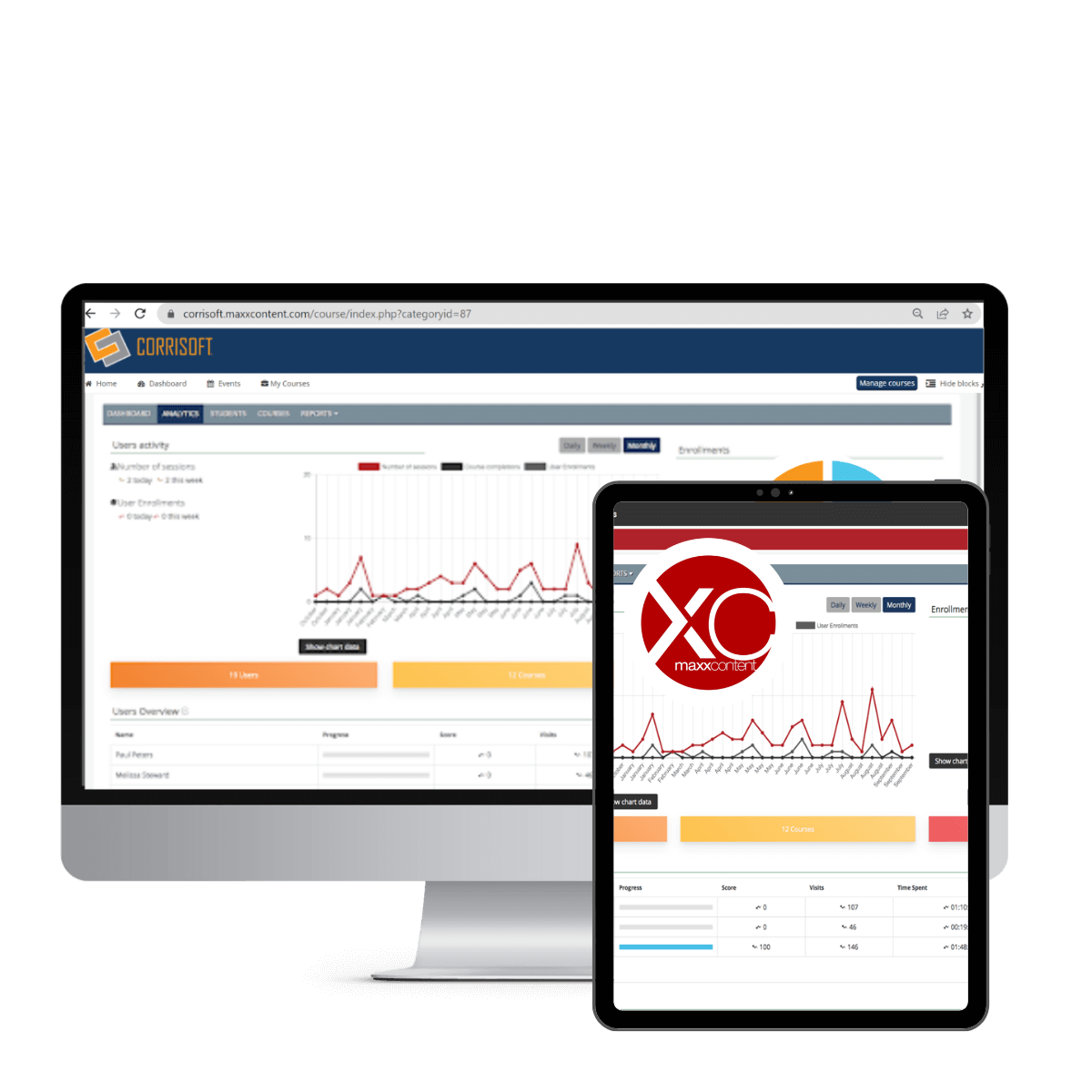
Embracing Technology in Rehabilitation
In an era where technology touches every aspect of our lives, it's no surprise that rehabilitation programs are embracing digital innovations to improve outcomes. Virtual learning platforms are becoming a cornerstone in modern rehabilitation strategies, offering unprecedented flexibility and personalization.
These tools are not only making it easier for participants to access essential educational resources but are also helping them stay engaged and compliant throughout their rehabilitation journey. By integrating virtual learning, we can support individuals in their path to recovery and reduce the likelihood of reoffending, ultimately creating safer and more resilient communities.
Benefits of Virtual Learning in Rehabilitation
Accessibility and Flexibility
Virtual learning allows participants to access educational materials anytime and anywhere. This flexibility ensures that learning can fit into the participants' schedules, making it more likely they will engage with the material.
Personalized Learning
Digital platforms can offer personalized learning paths based on the participant's progress and needs. This customization helps address specific areas where individuals may struggle, providing targeted support to improve their outcomes.
Continuous Engagement
Virtual learning keeps participants engaged by providing interactive and multimedia content. Regular quizzes, videos, and interactive modules can maintain interest and ensure that learning is both effective and enjoyable.
Impact on Participant Outcomes
Virtual learning platforms like MaxxLMS®have shown significant positive impacts on participant outcomes. By improving accessibility and engagement, these tools help participants stay compliant with their rehabilitation programs, leading to lower recidivism rates.
For instance, automated reminders and easy access to resources can significantly enhance compliance and reduce missed appointments or mandatory sessions.
The Future of Virtual Learning in Rehabilitation
The future of rehabilitation programs looks promising with continuous advancements in technology. As virtual learning tools become more sophisticated, we can expect even greater personalization and support for participants. Expanding the reach of these tools will enable more agencies to implement effective rehabilitation strategies, ultimately contributing to a reduction in recidivism and the creation of safer communities.

MaxxLMS® Education
Education is a proven way to enhance supervision and treatment programs. With MaxxLMS®, supervisors can appoint their participants to a range of virtual courses from the Corrections Rehabilitation Institute™ (CRI) and track their progress. These go-at-your-own-pace courses from the CRI include a variety of court-approved behavioral modification programs like anger management, substance abuse education, and more.
Ready to Begin?
Virtual learning is revolutionizing rehabilitation programs by making education more accessible, personalized, and engaging. By leveraging these digital tools, we can support individuals on their path to recovery and help them reintegrate into society more successfully. The positive impacts on compliance and recidivism highlight the importance of continuing to innovate and integrate technology into rehabilitation efforts.
